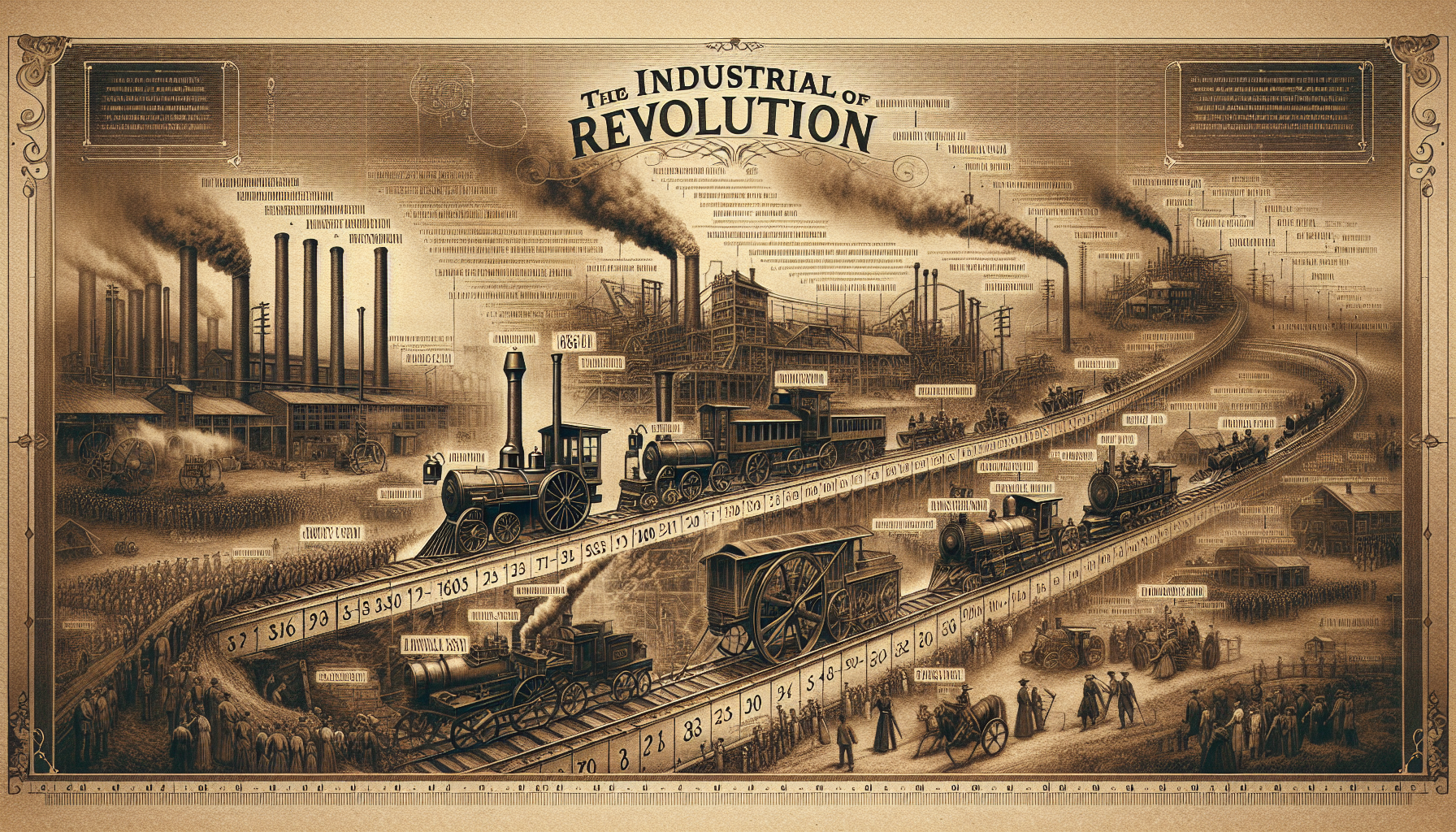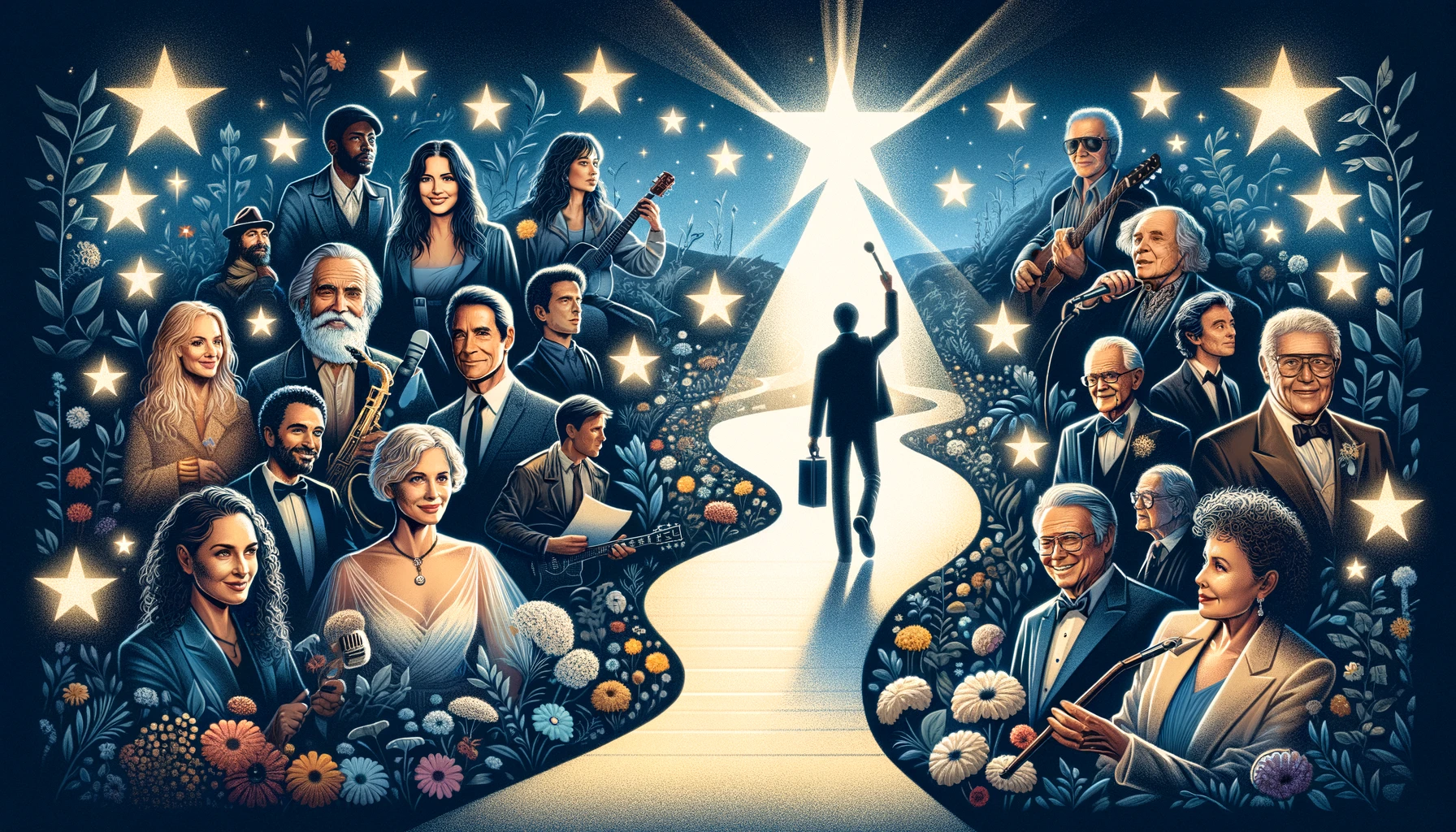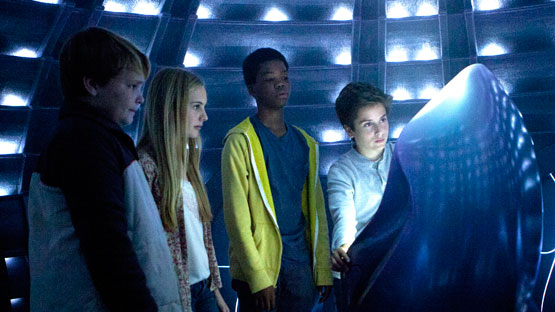Title: A Look Back at the Industrial Revolution: A Historical Retrospective
The Industrial Revolution, a period of transformative impact on the socioeconomic and cultural conditions of the eighteenth and nineteenth centuries, remains a key chapter in the chronicles of human history. Marking the shift from manual labor to mechanization, this period brought about profound changes to society, affecting life at both the individual and societal levels.
The Industrial Revolution refers to the period between approximately 1760 and 1840, during which major changes in agriculture, manufacturing, mining, and transport had a profound impact on the economic and cultural landscape of Great Britain first, followed by Western Europe and the United States. This was ignited by many key inventions, including the steam engine by James Watt, mechanized textile production machines like the spinning jenny and power loom, and innovative methods of iron-making paved the way for the industrialized world we know today.
These significant technological advancements made production more efficient, leading to faster and larger scale production of goods at lower costs. These developments were propelled by coal and other fossil fuels, which supplied the necessary energy to drive these machines, marking a shift from an agrarian and handicraft economy to a commercial and industrial one.
One profound consequence of the Industrial Revolution was the mass movement of people from rural areas to growing industrial towns and cities, referred to as urbanization. This led to dramatic changes in lifestyle, housing, social norms, and created a division in society into capitalist business owners, the bourgeoisie, and wage-working class, the proletariat, largely seen in the dramatic growth of factory systems.
Undeniably, while the Industrial Revolution spurred on economic progress such as greater wealth and expanded markets, it also brought about many social changes – some for the better and others, arguably, for the worse. Employment opportunities boomed, but working conditions in factories were often dangerous and gruelling. Newly wealthy business owners reaped the rewards of increased productivity, but income disparity grew, and the working class often lived in overcrowded, unsanitary conditions.
Furthermore, the environment suffered significantly during this period. The increased reliance on coal resulted in major air and water pollution, degradation of the landscape, and health hazards for the population. From a retrospective perspective, the Industrial Revolution was a vital driver for unintended environmental consequences, which we continue to grapple with now in the age of climate change.
Despite its myriad of challenges, the Industrial Revolution was unquestionably a crucial catalyst for change in the modern world. It laid the foundation for so much of the technology and infrastructure today, from the ways we manufacture and distribute goods, to how we power our homes and cars. It also laid out new social systems and classes, setting the groundwork for modern dynamics in labor and capital.
Overall, the Industrial Revolution was a mixed bag of rapid advancement and growing pains. It was a time of enormous growth, progress, and change which brought about the modern industrial age. It bridged the gap between the old ways and the new, bringing us into the era of technology, mechanization, and mass production.
As we look back on the Industrial Revolution, we must recognize the immense transformations it seeded in our world, both positive and negative. Although it was a time of significant growth and advancement, it was also a period fraught with inequality, social unrest, and environmental degradation. It offers important lessons in socioeconomic dynamics, environmental sustainability, and the implications of unchecked industrial growth.
Today, as we journey through the Fourth Industrial Revolution or the digital revolution, we can draw parallels and learn from the historical period of the Industrial Revolution. It prompts us to approach progress with a balanced perspective, appreciating technological advancement while remaining vigilant of its potential pitfalls. In this way, the Industrial Revolution serves as a valuable historical mirror, reflecting the possibilities and perils inherent in human progress.
Related content
- World War II: A Comprehensive Historical Retrospective
- Uncovering the Truths Behind the American Civil War: A Historical Examination
- The Cultures of Ancient Greece & Rome: A Historical Retrospective
- Exploring the Evolution of Feminism: A Historical Retrospective
- A Historical Retrospective: The Renaissance Era and Its Impact on Modern Culture






